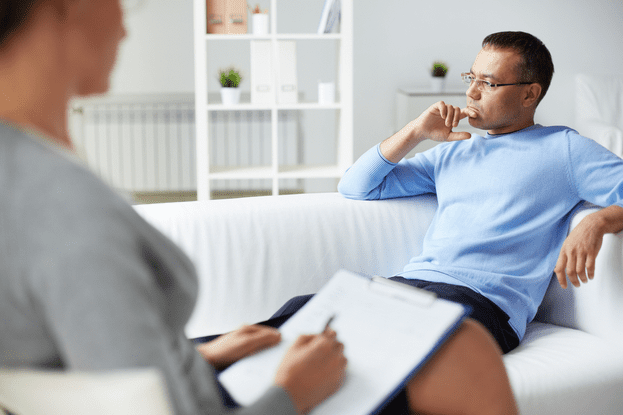I was diagnosed with Bipolar Type II disorder on January 28, 2014 and I want to write my first blog post in this space about some of the things I wish I had known then.
Here is what I wish someone would have sat down and told me on that Tuesday morning:
It will get better. Your meds will become finer tuned and you will learn how to better live with this disorder. It will all become more natural for you with time and, although there will be some bumps in the road, your quality of life will overall continue to improve as long as you take care of yourself and follow your treatment plan.
Find a doctor and a therapist you really trust and believe in (and who trust and believe in you). You need to trust that you have been given the correct diagnoses, that your doctor knows what is best for you and that they will listen to you and take your opinions into consideration. You need to find a therapist you like and respect, who makes you feel heard and understood. Keep looking until you find these people – they are worth the extra seeking. Choose a care team who are easy to get ahold of, who call you back and who you can schedule emergency appointments with when things come up.
Learn your own warning signs for ups and downs and let the people in your life know what they should look out for. They may spot the beginnings of an episode before you do, and if you notice it quickly enough you might be able to do something to prevent the cycles from beginning again.
You do not need to be afraid every time you feel sad that you are falling back into a depression; you do not need to feel anxious every time you feel up that you are getting manic again. Life after bipolar treatment still includes the natural ups and downs of life and it can take a while to learn how to tell the difference between normal feelings again and bipolar symptoms.
You should learn all you can about this disorder. Watch any documentaries you can get your hands on, read and follow blogs, seek out books and articles & look for groups (whether they are on Facebook or in person) for bipolar people who can help you not feel so alone in dealing with this disorder. Make bipolar disorder your new hobby until you are comfortable with this new identity (you have so many) and you don’t have to think about it so much. But for now? Obsess.
At the same time, if you feel like these groups are dragging you down, take a step back. Sometimes we need to be around people who understand our pain when we are hurting but once we are feeling better again, we don’t want to be continually reminded of the dark places. Seek community when it feels right and if it starts to feel wrong, just take a step back. It’ll still be there when and if you need it again.
Find your own ways to cope (in addition to following the treatment plan you create with your doctor and your therapist). Some of mine include making art (primarily photography), taking care of my houseplants and my dog, keeping my space organized and clutter free & eating a balanced vegan diet. Your coping strategies might be very different than mine, but try things and learn what helps you to feel (and stay) balanced.
Look for ways to get involved in mental health advocacy – use your talents and resources to help other people who are also living with bipolar disorder. Doing this will also help you to heal and grow and will give you the support of a loving and encouraging community. Start a blog, make artwork inspired by your experiences living with bipolar, get involved in a national or local organization – think of how you can use the things you are passionate about to become an advocate for yourself and everyone else who is living with this condition.


